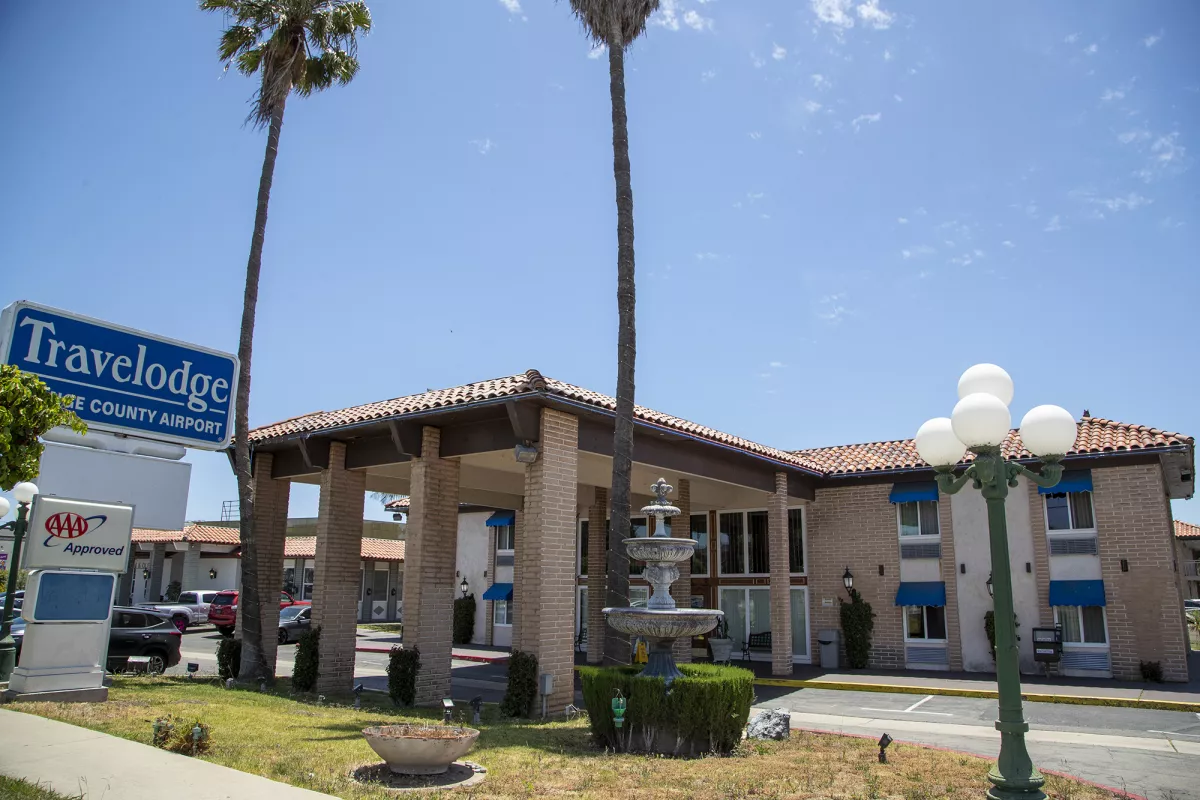Inconsistent approaches emerge as the city council backs both Governor Newsom’s controversial state-wide plan and a local, criticized Travelodge conversion.
While attempting to tackle the persistent issue of homelessness in their city, six out of seven Costa Mesa city council members have taken a “failed” approach by endorsing Governor Gavin Newsom’s criticized tiny homes initiative, and simultaneously supporting a local project that raises its own set of concerns.
The council recently allocated $4 million for the conversion of a Bristol Street Travelodge into 76 units of permanent housing for extremely low-income residents. Slated for completion in 2025, this local initiative, although innovative in its utilization of underused properties, faces criticism for potential neighborhood impacts and a questionable implementation strategy.
The ambitious conversion, overseen by nonprofit developer American Family Housing, combines Costa Mesa’s funds with a substantial $27.7 million from California’s Project Homekey, a program under Newsom’s administration that has seen limited success in the past. Critics have voiced concerns about the impact of such housing projects on surrounding communities, despite claims from local advocates citing benefits such as reduced crime rates and increased property values.
Councilman Don Harper, the sole dissenting vote on the Travelodge conversion, expressed worries about the impact of such projects on the community. These concerns underscore the need for a more thorough examination of the local solutions put forth by the council.
At the same time, the council’s support of Newsom’s state-wide tiny homes project brings its own set of problems. Despite the Governor’s ambitious pledge to reduce homelessness by 15% by 2025, his one-size-fits-all approach has been repeatedly criticized for its failure to take into account local nuances and for delivering lackluster results so far.
The mixed strategy of the Costa Mesa city council, with its endorsement of both an unproven state-wide program and a local project surrounded by its own controversy, calls into question the council’s ability to effectively address the complex issue of homelessness. It raises the issue of whether a more consistent and focused strategy might be a better path to providing effective solutions for Costa Mesa’s homelessness crisis.

